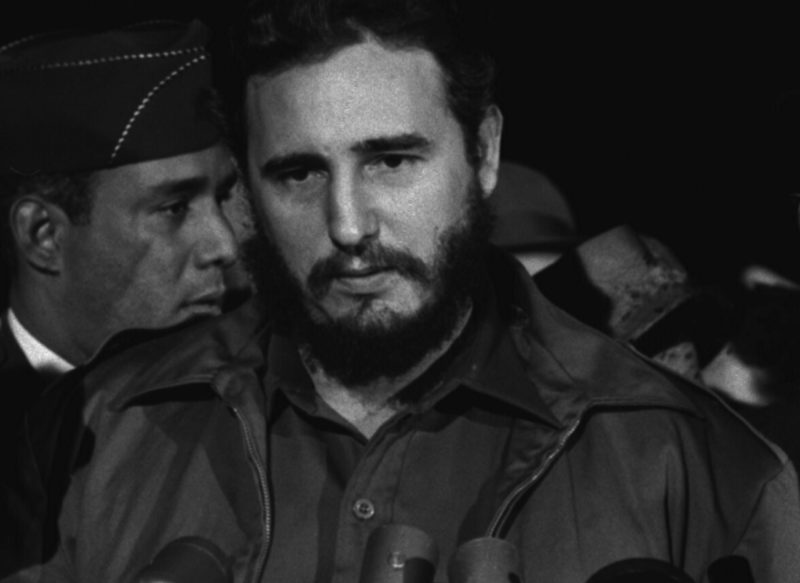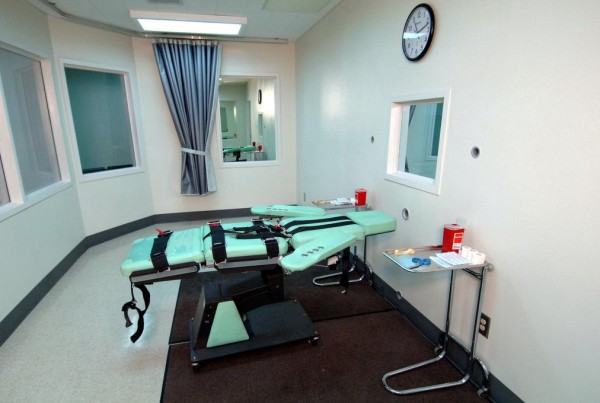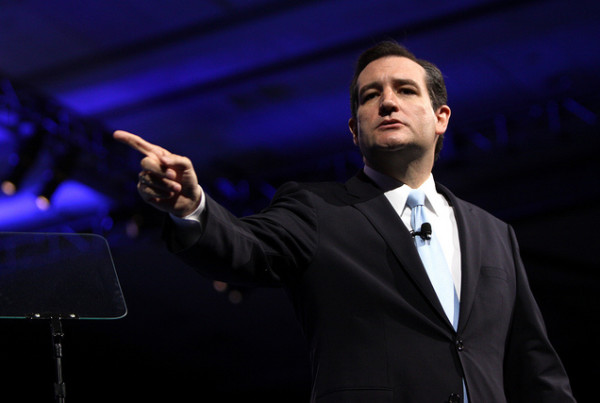Former Cuban communist dictator Fidel Castro’s death this weekend marked the end of a chapter in history.
Texas Sen. Ted Cruz spoke about Castro’s death on ABC’s This Program on Sunday: “This is a powerful moment for people all across the country and especially for Cuban Americans.”
Cruz went on to describe how his family was affected by Castro’s regime and death.
In an essay for the conservative journal the National Review, Cruz wrote that Castro’s true legacy was his ability to institutionalize his dictatorship to survive him.
Castro’s death does not necessarily mean change is coming, says Cuban-born Jorge Duany, director of the Cuban Research Institute at Florida International University.
Castro retired from his presidency due to medical reasons in 2006, but his policies live on after his brother Raúl Castro assumed power, Duany says.
A change in Cuba’s political climate hinges on whether or not Raúl Castro will move on in terms of market-oriented reforms and the normalization of relations with the United States, Duany says.
The Obama administration had been taking steps to thaw relations with Cuba – but there have been many dissidents who’ve said that’s just a ruse to help lift crippling sanctions, which got worse after Venezuela cut back its patronage. But Duany says it’s too early to know if the Obama administration took the right path.
“It’s been less than two years. The changes are slow to come,” Duany says. “In some cases, such as telecommunications and a mail service, or even commercial flights – which has now been restored – the changes have been substantial. But in other cases, the embargo, which is still in place, makes it very difficult.
“Frankly on the Cuban side, the responses to these overtures by the U.S. government were very slow, very modest and in many cases they did not make any changes because they insisted on the sovereignty of the Cuban government.”
Post by Beth Cortez-Neavel.
















